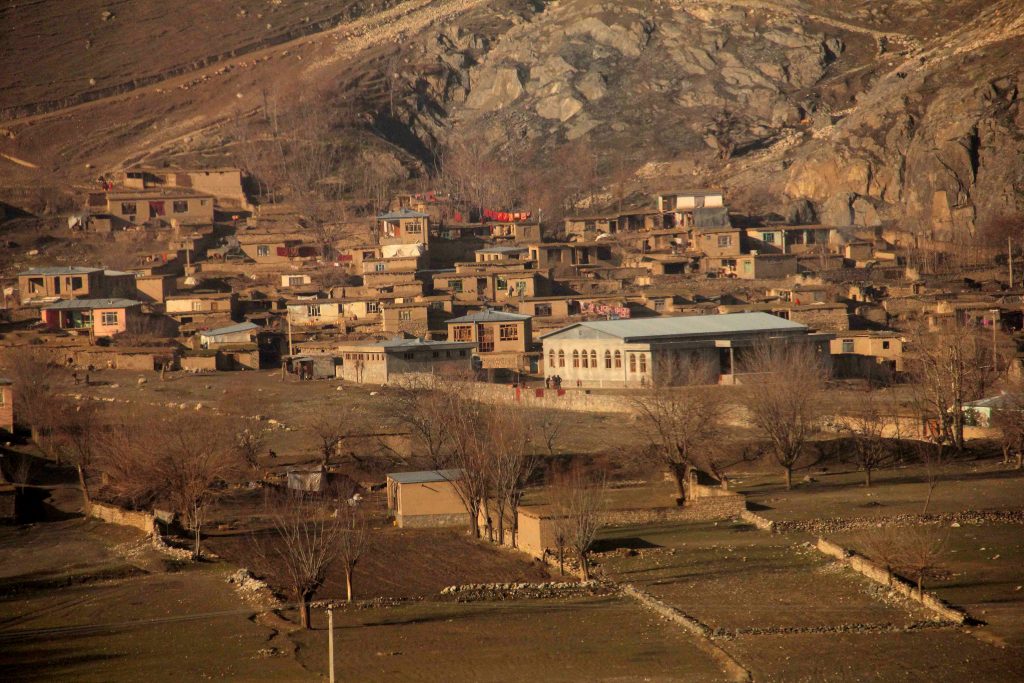For several years girls’ higher education in a rural part of Badakhshan was considered a shame for the residents. Fathers were stopping their daughters, brothers were stopping their sisters, and the villagers were stopping girls for perusing their higher education. If a family wanted to send their daughters to have higher education, they would not receive the same respect from the villagers as they used to. It was like a nightmare for girls to study in university, and for families to keep their pride and grace. The dream of having a degree and the decision of making a profession was hard for girls, especially in parts where social taboos and threats kept these girls away from their dreams.
After several decades, Laila decided to break that social taboo and stand up against all the minds stopping girls from receiving their higher education. Laila was in 11th grade when her father decided to stop her continuing her education. At the beginning she tried to convince them by talking and with reasons, but the family did not listened to her. She fought for her rights, but their mindset about higher education was not changeable. When Laila saw that they would not change their minds, she decided to move on while not giving up upon her dreams of having access to a higher education. Laila therefore, with all the disagreements from her family left home and moved to Fayzabad city where she started to live with her uncle. One of her big brothers lived in Iran. When he heard about Laila’s struggle for higher education, he started to support his sister in break in this unwanted tradition together.
Time was passing by; Laila gave the Kankor test (quiz to enter university) and succeeded in medical institute to study a midwifery educational program. For a year and half, her father and the family did not contact her once. Her brother from Iran was the only one supporting Laila financially and intellectually. Beside her medical studies she became a teacher in one of the private institutes.
While Laila was busy with her education, her family, especially, her father realized the importance of higher education for girls. He perceived the importance of having female doctors, nurses, and teachers in society. With all the hesitations, he chose to support his daughter and traveled to the city to see his daughter so he could share his proud feelings.
Laila finished her studies and came back to her villages. She is both a midwife in local clinic and a teacher. Her struggle and efforts made other people to support girls’ higher education.
In an area where girls’ higher education was considered a shame, it seemed that the same people are the biggest supporters of girls’ education.












